We all wish to have a better memory, yet there are times when it fails us. Until recently, most people, even memory scientists, believed that forgetting served no purpose. However, new research in psychology, neuroscience, medicine, and computer science paints a different picture. It informs us that forgetting is not a failure of our minds. It’s not even a benign glitch. It is, in fact, good for us and, alongside memory, it is a required and a separate function for our minds. It benefits our cognitive and creative abilities, emotional well-being, and even our personal and societal health. It appears to be a shortcoming and a failure, but forgetting opens up our minds to making better decisions, it clears up our minds to experiencing joy and relationships. In this episode of Bridging the Gaps, I speak with Dr Scott Small who explains why forgetfulness is not only natural and normal, but also beneficial. We discuss research that he presents in his book “Forgetting: The Benefits of Not Remembering”.
Dr Scott Small is a physician specializing in aging and dementia and is a professor of neurology and psychiatry at Columbia University, where he is the director of the Alzheimer’s Disease Research Center.
We start by discussing the working of human memory. I then ask Dr Small to unpack the statement “forgetting something is not a failure of the remembering process; forgetting is an independent feature of the brain managed by the processes that are different from the processes in the brain that manage remembering”. I ask Dr Small to explain the term “normal forgetting”. We then discuss the impact of aging on the brain. We discuss in detail the cutting edge research on Alzheimer’s disease and regions of the brain where it attacks. We then discuss the possible treatment for Alzheimer’s disease. We also touch upon how to look after our brains as we age.
Complement this discussion with On the Seven Sins of Memory with Daniel Schacter then listen to On Task: How Our Brain Gets Things Done” with Professor David Badre.

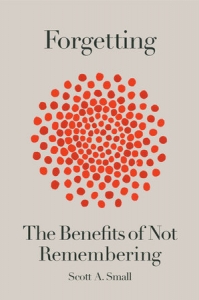
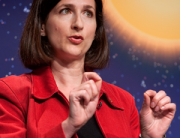
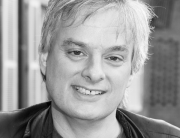
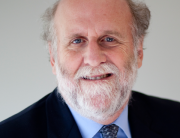
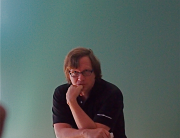

Connect With Us